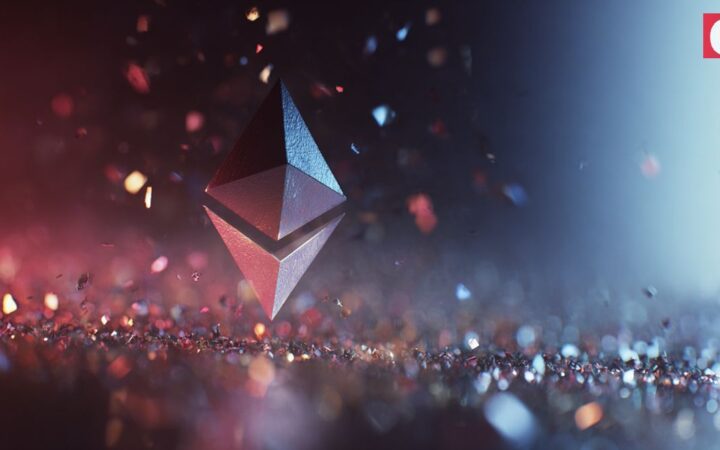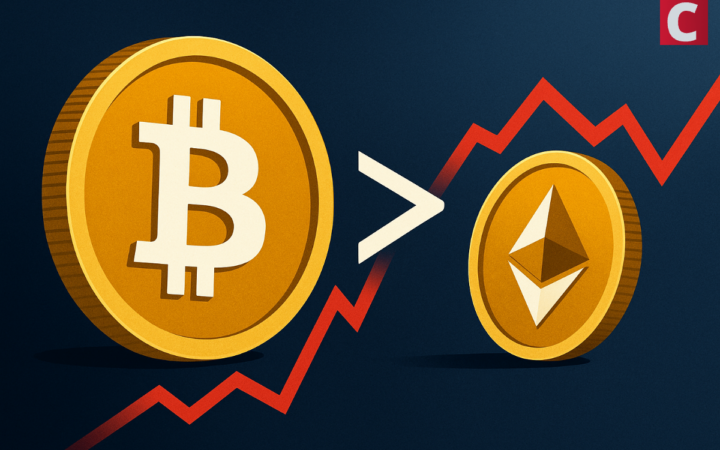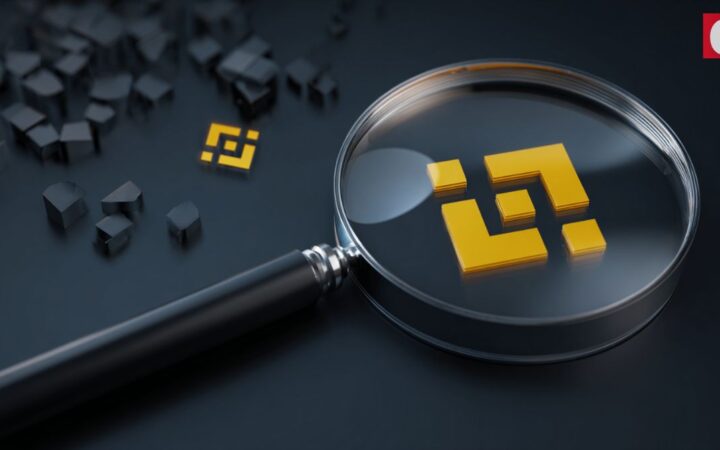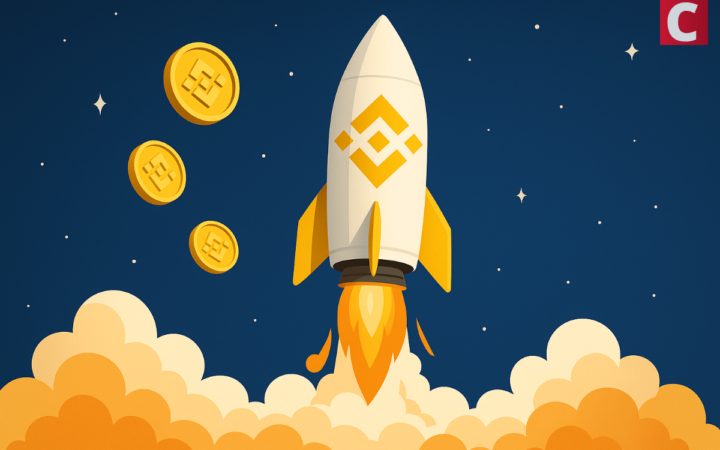
Darya is a crypto enthusiast who strongly believes in the future of blockchain. Being a hospitality professional, she is interested in finding the ways blockchain can change different industries and bring our life to a different level.
Binance Smart Chain will run parallel to the company’s existing Binance Chain. But in comparison with BC, it brings numerous features to the Binance ecosystem, the main of which is the support of smart contracts.
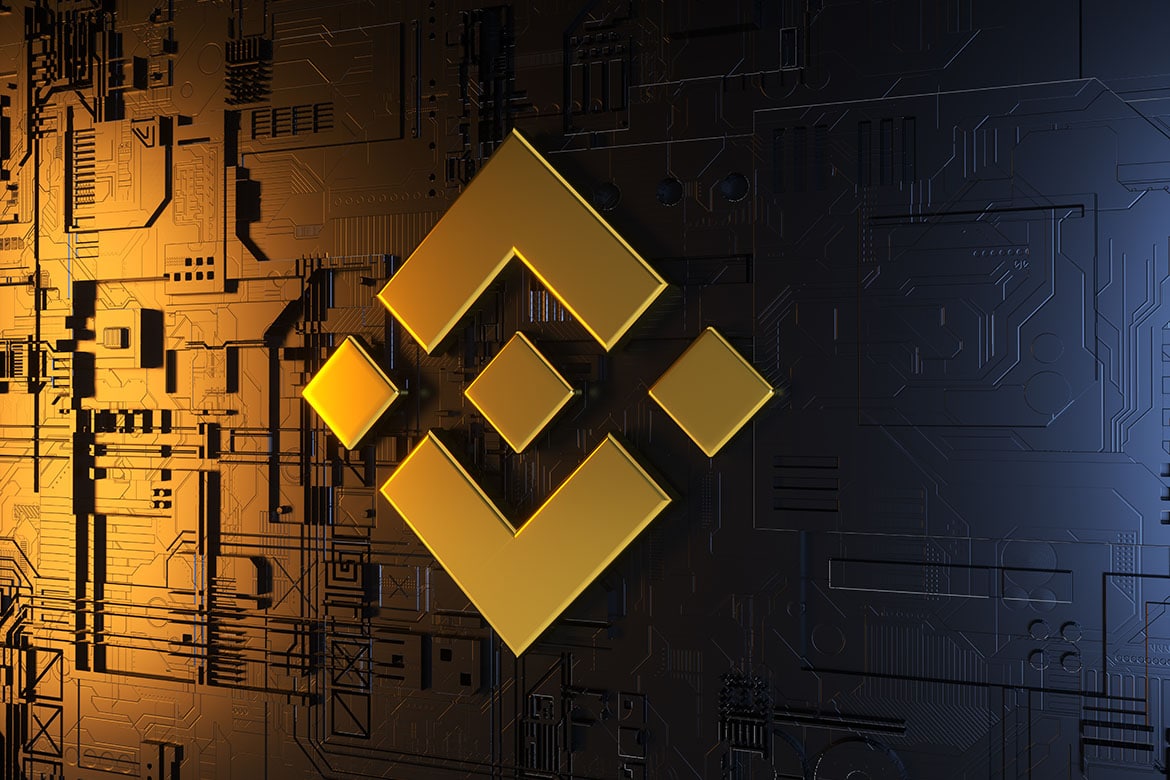
Digital exchange Binance has launched Rialto — a testnet of its new Binance Smart Chain (BSC). Binance Smart Chain will serve as a parallel blockchain of the current Binance Chain to retain the high performance of the native DEX blockchain as well as enable smart contracts.
#Binance Smart Chain Testnet – Rialto is live.
Check it out for yourself here:
➡️ https://t.co/kL2ZijunFe pic.twitter.com/CoKDz8g07i— Binance (@binance) May 29, 2020
According to Binance, the Rialto testnet is “the very initial version” of Binance Smart Chain. With Rialto, the developers will test the cross-chain transfer of BEP2 tokens, smart contracts’ design and launch, BNB staking, and choice of validators.
The proposed network will run parallel to the company’s existing Binance Chain. But in comparison with Binance Chain (BC) launched in April 2019, Binance Smart Chain brings numerous features to the Binance ecosystem. The main advantage is, of course, the support of smart contracts.
Binance Chain is a fast and secure decentralized digital asset exchange based on the highly performant matching engine built on distributed consensus. As for Binance Smart Chain, this dual-chain architecture empowers its users to build their decentralized apps and digital assets on one blockchain and take advantage of the fast trading to exchange on the other.
BSC is a standalone blockchain that is compatible with the existing Ethereum mainnet. Most of the dApps, ecosystem components, and toolings will work with BSC for zero or minimum charges. To run and operate, the BSC node needs similar (or a bit higher) hardware specification and skills.
However, compared to Ethereum, blocking time on BSC will be shorter, no more than 5 seconds. To confirm the finality of transactions, around 1 minute is necessary. Besides, Binance Smart Chain will combine Deputy Proof of Stake (DPoS) and Proof-of-Authority (PoA). Due to this mix, blocks will be produced by a limited set of validators in a PoA manner. This is very similar to Ethereum’s Clique consensus engine.
Binance Smart Chain will enable developers to build bridges with a reliable transfer of assets to the Ethereum blockchain. It will add more functionality to Binance’s BNB token, as users can eventually stake BNB on Binance Chain to vote on BSC validators and collect a percentage of transaction fees.
However, some are skeptical about Binance’s initiative. For example, in April, after Binance released BSC whitepaper, Messari analysts wrote:
"Binance Smart Chain" looks like another ETH competitor in an already crowded field
+ features EOS-like DPoS with 21 nodes voted on by $BNB holders
+ white paper details full compatibility with Ethereumhttps://t.co/NvcFnoFBge
— Messari (@MessariCrypto) April 19, 2020
At the same time, others believe that Binance will outperform its rivals in terms of asset integration and users’ participants. If you want to find out more blockchain news, please follow this link.

Darya is a crypto enthusiast who strongly believes in the future of blockchain. Being a hospitality professional, she is interested in finding the ways blockchain can change different industries and bring our life to a different level.
